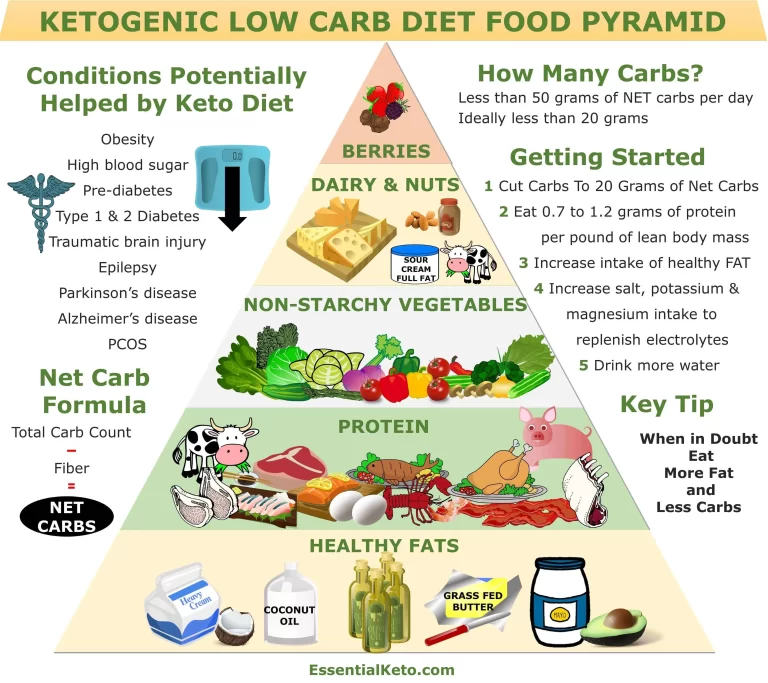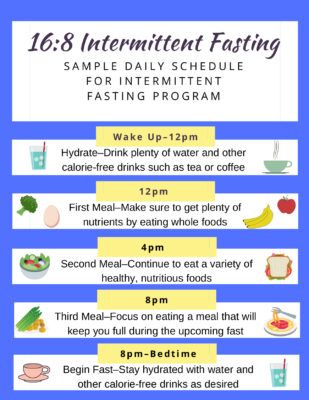Sugar is an ingredient that is commonly found in our day-to-day diet. Whether it’s added to our morning coffee or hidden in processed foods, it’s almost impossible to completely avoid sugar. However, excessive sugar consumption can have a significant impact on our health. In this article, we will take a deep dive into the various ways sugar affects our bodies and explore the potential long-term consequences.
The Role of Sugar in the Body
Before we explore the impact of sugar on our health, it’s important to understand its role in our bodies. Sugar, in the form of glucose, is the primary source of energy for all cellular functions. It provides instant energy to our muscles and organs, allowing them to perform their respective functions efficiently. However, consuming sugar in excess can disrupt the delicate balance within our bodies.
Sugar and Weight Gain
One of the most well-known effects of excessive sugar consumption is weight gain. Consuming high amounts of sugar leads to an increase in calorie intake since sugar is a concentrated source of calories. Furthermore, sugar has a high glycemic index, which means it is quickly digested, leading to a rapid release of insulin. Insulin, in turn, promotes fat storage, particularly around the abdomen. This can contribute to weight gain and increase the risk of obesity.
Sugar and Type 2 Diabetes
Another significant impact of sugar on our health is its association with type 2 diabetes. Excessive sugar consumption over time can lead to insulin resistance, where the cells become less responsive to insulin. The body compensates by producing more insulin, which can eventually cause a dysfunction in the insulin-producing cells of the pancreas. This dysfunction, coupled with insulin resistance, increases the risk of developing type 2 diabetes.
Sugar and Heart Health
The consumption of high amounts of added sugars has been linked to an increased risk of heart disease. A diet high in sugar can raise blood pressure levels, triglycerides, and LDL cholesterol, all of which are risk factors for heart disease. Additionally, excessive sugar intake can contribute to inflammation within the body, further increasing the risk of cardiovascular problems.
Sugar and Dental Health
It’s no surprise that sugar has a detrimental impact on our dental health. The bacteria in our mouths feed on the sugars we consume, producing acids that attack tooth enamel and lead to cavities. Regular consumption of sugary foods and drinks can accelerate tooth decay and increase the likelihood of developing gum disease.
Sugar and Mental Health
While the physical impact of sugar on our health is well-documented, its effects on mental health are less commonly discussed. Studies have shown a potential link between high sugar intake and an increased risk of depression and anxiety. Excessive sugar consumption can disrupt our brain’s neurotransmitter balance, leading to mood swings and a decreased sense of well-being.
How to Reduce Sugar Intake
Reducing our sugar intake can be challenging, but it is vital for maintaining good health. Here are a few simple steps to help reduce sugar consumption:
Read food labels and avoid products with high sugar content
Limit the consumption of sugary beverages like soda and fruit juices
Choose whole foods over processed snacks and desserts
Replace sugary treats with healthier alternatives like fresh fruits
Gradually decrease sugar intake to allow the taste buds to adapt
Conclusion
Sugar, when consumed in moderation, can be a part of a healthy diet. However, excessive sugar intake can have severe consequences for our health. From weight gain to an increased risk of chronic diseases, the impact of sugar is far-reaching. By understanding the potential risks and taking steps to reduce our sugar intake, we can improve our overall well-being and lead a healthier life.









